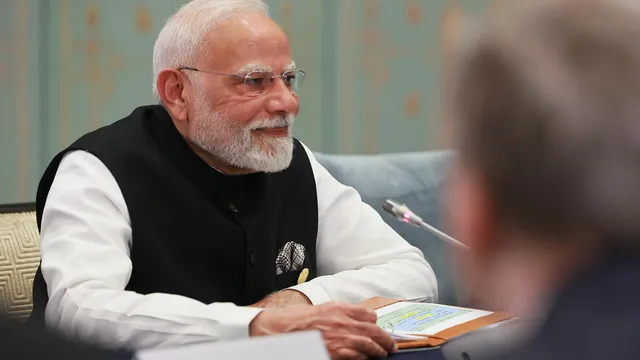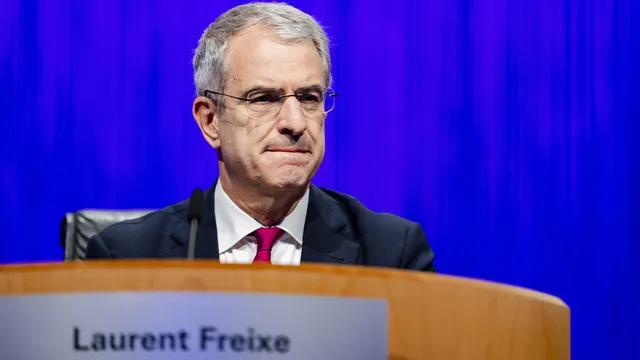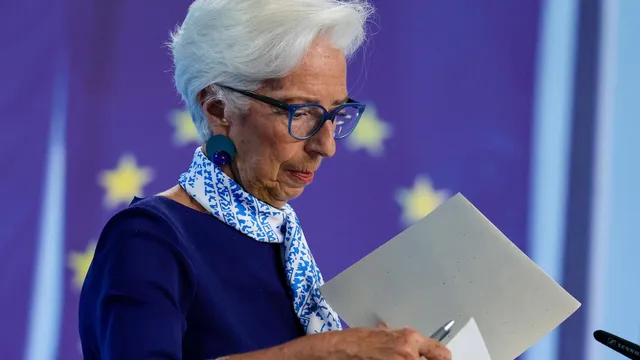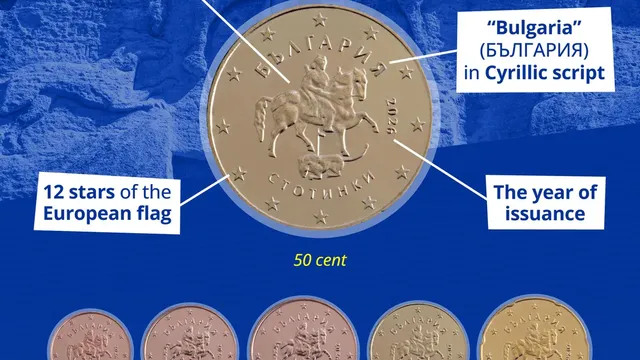India will begin commercial production of semiconductors by the end of 2025, Prime Minister Narendra Modi said, presenting his country as a future "global hub" for chip innovation.
Modi, speaking in New Delhi at the opening of the annual Semicon India conference, noted that test chips are already being produced by Micron and Tata.
"Commercial chip production will begin this year. This reflects how quickly India is advancing in the semiconductor sector," he said.
India's semiconductor market has grown from $38 billion in 2023 to $45-50 billion in 2024-2025, with the government's target of reaching $100-110 billion by 2030.
The country is currently developing 10 semiconductor projects worth $18 billion, including two new 3-nanometer design facilities—among the most advanced—in Noida and Bangalore.
"Our journey started late, but nothing can stop us now," Modi said.
India claims to have an advantage in three areas: manufacturing components for semiconductor equipment, supplying critical materials such as chemicals and minerals, and services such as research and development and artificial intelligence, as well as large data storage capacity.
The world's most populous country also claims an advantage in "human capital," Modi said, noting that "20% of the world's talent in semiconductor design is from India."
The announcement comes after Japan pledged to increase its investment in India to 10 trillion yen ($68 billion), including cooperation in semiconductors and artificial intelligence, during Modi's visit to Tokyo last week.
With growing international demand for chips but supply chains concentrated in a few regions, India says it is building a "complete ecosystem" covering design, manufacturing, and packaging to become "self-reliant and globally competitive."
"Today's India inspires confidence in the world," Modi was quoted as saying in a government briefing note on the industry this week.
"When chips are in crisis, you can bet on India," it added. | BGNES

 Breaking news
Breaking news
 Europe
Europe
 Bulgaria
Bulgaria







